The healthcare industry has outgrown its reach in this technologically advancing world. The advent of new technologies has the potential to transform patient care, streamline administrative processes, and enhance overall efficiency.
Yet, despite these advancements, many healthcare providers still need to grapple with outdated systems and inefficiencies that hinder their ability to deliver optimal care.
According to a report by the Office of the National Coordinator for Health Information Technology, nearly 70% of hospitals in the United States need help with interoperability issues, leading to fragmented patient data and reduced care quality.
This blog aims to explore how custom software development can address these challenges and drive innovation in the healthcare industry.
By leveraging tailor-made solutions, healthcare organizations can overcome the limitations of generic software, ensuring that their unique needs are met with precision and effectiveness.
From enhancing patient care to improving operational efficiency and ensuring data security, custom software development is transforming the key to unlocking the full potential of healthcare technology.
Let’s discover real-world case studies, the process of developing custom software solutions, and future ideas and trends that will shape the healthcare landscape.
Time to skip to the details!
The Current State of Healthcare Technology
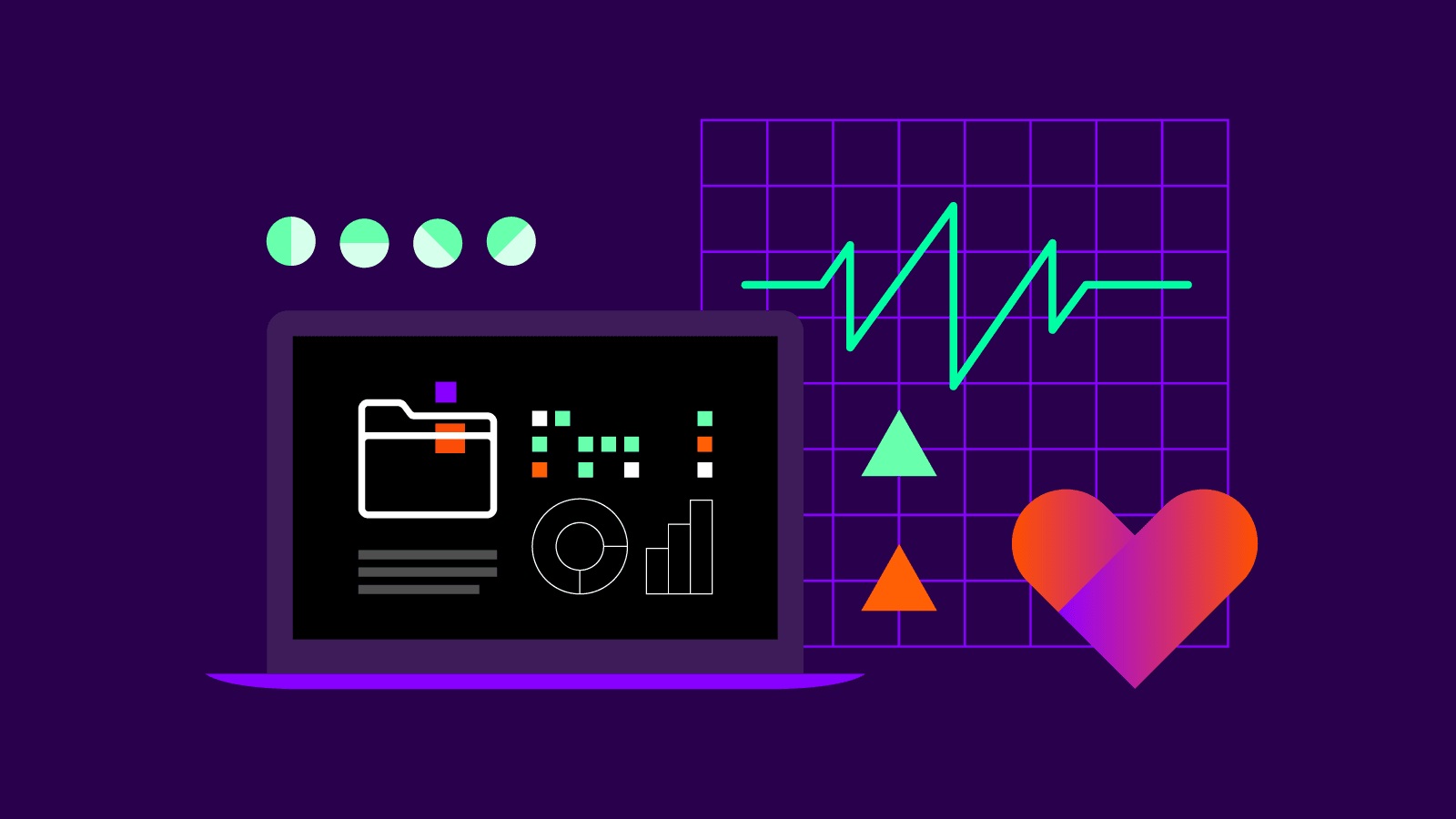
Existing Challenges
The healthcare industry is currently facing a multitude of challenges that hinder its ability to provide high-quality, efficient care. One of the most significant issues is the reliance on outdated systems.
Many healthcare organizations still use legacy software that is not only inefficient but also incompatible with modern technologies.
This leads to fragmented data, where patient information is scattered across different systems, making it difficult for healthcare providers to access comprehensive and accurate patient records. On top of that, it can hinder the development and implementation of digital signage in healthcare, as well as other modern-day solutions.
Another major challenge is inefficiency in administrative processes. Healthcare providers often spend a substantial amount of time on paperwork and manual data entry, diverting valuable time and resources away from patient care.
This administrative burden contributes to burnout among healthcare professionals and reduces the overall efficiency of healthcare industry.
Data security is also a pressing concern. The sensitive nature of healthcare data makes it a prime target for cyberattacks.
According to the Healthcare Information and Management Systems Society (HIMSS), healthcare organizations experience an average of 4.5 cyberattacks per week.
Ensuring the security and privacy of patient data is crucial, yet many healthcare systems lack robust security measures, putting patient information at risk.
Opportunities for Improvement
Despite these challenges, there are numerous opportunities for improvement through the integration of advanced technology.
One key area is patient care. Custom software solutions can enhance patient care by providing healthcare providers with better tools for managing patient information, tracking treatment plans, and monitoring patient progress.
With accurate and comprehensive data at their fingertips, healthcare providers can make more informed decisions and deliver personalized care tailored to each patient’s needs.
Administrative processes can also be significantly improved.
Automation of routine tasks, such as appointment scheduling, billing, and data entry, can free up healthcare professionals to focus on more critical tasks.
Streamlined workflows and integrated systems can reduce errors, improve communication, and enhance overall efficiency.
Data security and compliance are other critical areas where technology can make a substantial impact.
Custom software solutions can be designed with robust security features to protect sensitive patient data and ensure compliance with healthcare regulations like the Health Insurance Portability and Accountability Act (HIPAA).
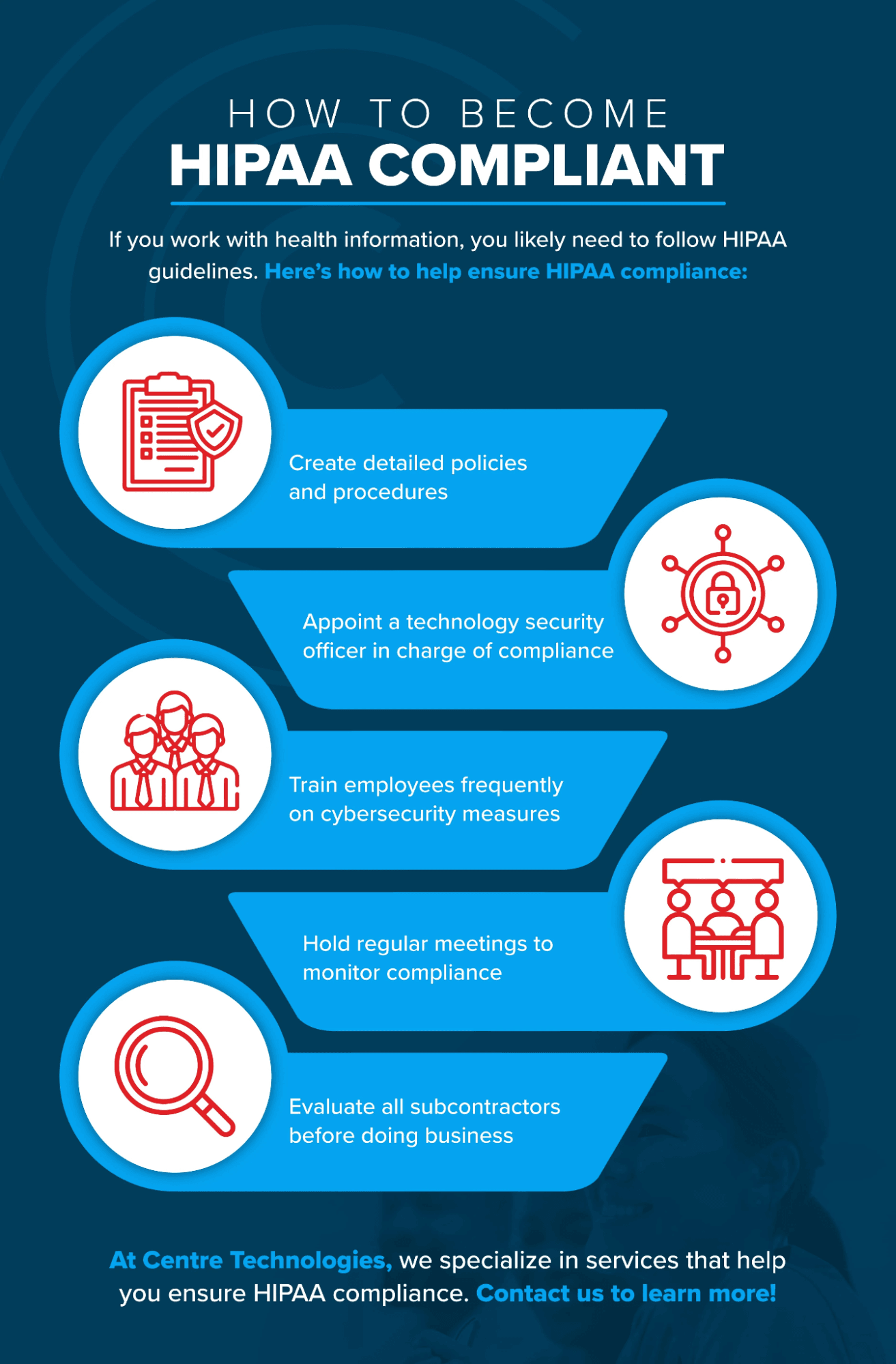
By implementing advanced security measures, healthcare organizations can safeguard patient information and maintain trust.
The Role of Custom Software Development in Healthcare
Tailored Solutions
One of the most significant advantages of custom software development is its ability to provide tailored solutions that meet the specific needs of healthcare organizations.
Unlike off-the-shelf software, which offers generic features designed to appeal to a broad audience, custom software is developed with a particular organization’s requirements in mind.
This ensures that the software integrates seamlessly with existing systems, workflows, and practices, providing a cohesive and efficient solution.
Customization allows healthcare providers to incorporate unique functionalities that are critical to their operations. For instance, a hospital may require a specialized module for managing clinical trials, or a clinic might need a bespoke patient engagement platform that caters to its demographic.
Custom software can be designed to include these features, enhancing the organization’s ability to deliver specialized services and improving overall patient outcomes.
Examples of Custom Solutions
- Electronic Health Records (EHR): Custom EHR systems can be tailored to fit the specific documentation needs of different medical specialties. This customization ensures that healthcare providers have quick access to relevant patient information, improving decision-making and patient care.
- Telemedicine Platforms: As telehealth becomes more prevalent, custom telemedicine app development platforms can offer features that cater to the unique needs of healthcare providers and patients. These platforms can include integrated video conferencing, secure messaging, and digital prescription services, all designed to enhance the patient experience and expand access to care.
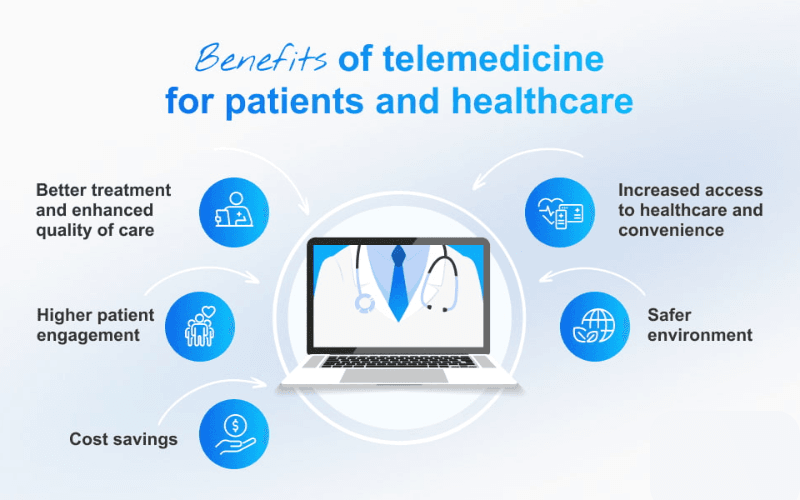
- Patient Management Systems: Custom patient management systems can streamline administrative tasks such as scheduling, billing, and follow-up care. By integrating these processes into a single platform, healthcare providers can reduce administrative overhead and focus more on patient care.
Enhanced Patient Care
Custom software development plays a crucial role in enhancing patient care. By providing healthcare providers with tools that are specifically designed to meet their needs, custom solutions enable more efficient and effective patient management.
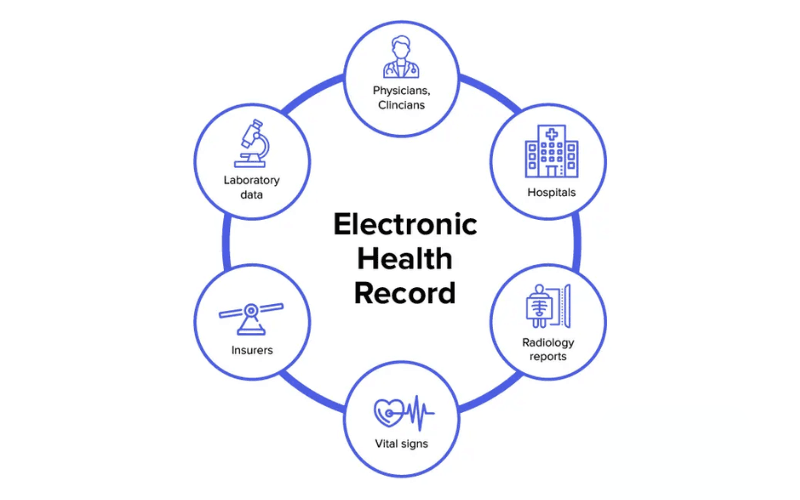
For example, a custom EHR system can be designed to flag potential drug interactions based on a patient’s unique medical history, helping to prevent adverse reactions.
Personalized treatment plans are another significant benefit. Custom software can analyze patient data to provide insights that help healthcare providers develop tailored treatment plans.
This personalized approach not only improves patient outcomes but also increases patient satisfaction by addressing individual health needs more precisely.
Remote monitoring is another area where custom software can make a substantial impact. Custom applications can facilitate the continuous monitoring of patients with chronic conditions, allowing healthcare providers to track vital signs and intervene early if any issues arise.
This proactive approach to patient care can lead to better management of chronic diseases and reduce hospital readmissions.
Operational Efficiency
Improving operational efficiency is a key benefit of custom software development. Automation of routine tasks, such as appointment scheduling, billing, and data entry, can significantly reduce the administrative burden on healthcare staff.
Custom software development services can be designed to automate these tasks, freeing up valuable time for healthcare professionals to focus on patient care.
Streamlined workflows are another important aspect of operational efficiency. Custom software can integrate various processes and systems, ensuring that information flows seamlessly across the organization. This integration reduces the risk of errors, improves communication, and enhances the overall efficiency of healthcare delivery.
Data Security and Compliance
Data security is paramount in the healthcare industry. Custom software development allows for the implementation of robust security measures tailored to the specific needs of healthcare organizations.
Features such as encryption, secure user authentication, and audit trails can be built into custom software to protect sensitive patient information.
Compliance with healthcare regulations, such as HIPAA, is another critical consideration. Custom software can be designed to ensure that all regulatory requirements are met, reducing the risk of non-compliance and potential penalties.
By providing secure and compliant solutions, on-demand services helps healthcare organizations maintain the trust of their patients and protect their valuable data.
Key Innovations Through Custom Software Development
Enhanced Patient Care:
Custom software development is revolutionizing patient care in several key ways:
Personalized Treatment Plans:
Custom software can leverage patient data to create highly personalized treatment plans. By integrating data from various sources, such as medical history, genetic information, and lifestyle factors, healthcare providers can develop treatment plans tailored to each patient’s unique needs. This personalized approach leads to more effective treatments and improved patient outcomes.
Remote Monitoring:
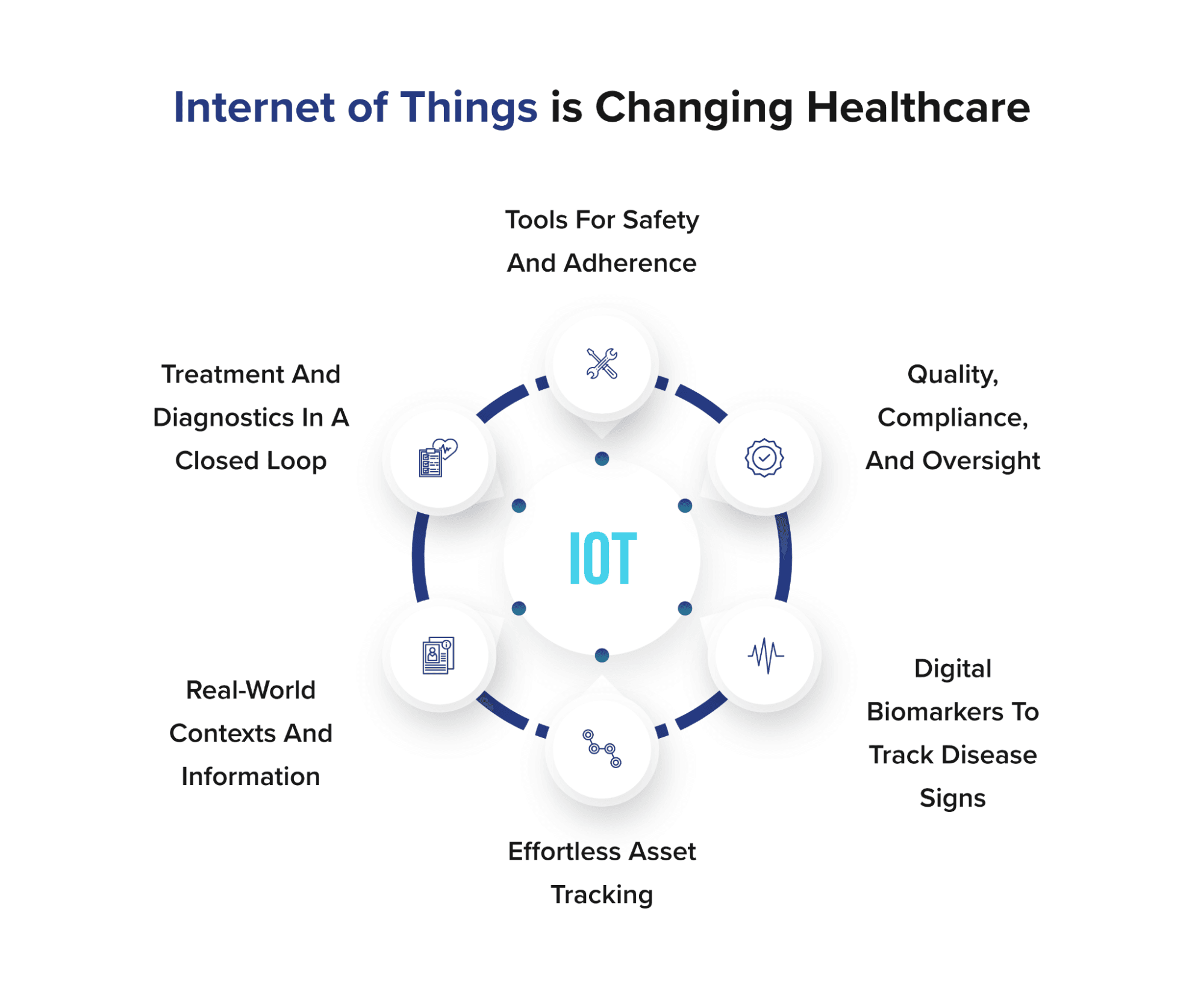
With the rise of wearable technology and IoT in healthcare app development, custom software solutions can enable continuous remote monitoring of patients. This allows healthcare providers to track vital signs, medication adherence, and other health metrics in real time. Early detection of potential issues can lead to timely interventions, reducing hospital readmissions and improving overall patient health.
Telehealth Services:
Custom telemedicine platforms can provide patients with convenient access to healthcare services from the comfort of their homes. Features such as video consultations, secure messaging, and digital prescriptions enhance the patient experience and expand access to care, particularly for those in remote or underserved areas.
Operational Efficiency
Custom software solutions can significantly improve operational efficiency in healthcare organizations:
Automated Administrative Tasks:
Automation of routine administrative tasks, such as appointment scheduling, billing, and insurance claims processing, can reduce the workload on healthcare staff. This frees up time for healthcare professionals to focus on patient care, leading to increased productivity and reduced administrative costs.
Streamlined Workflows:
Custom software can integrate various processes and systems within a healthcare organization, ensuring that information flows seamlessly across departments. This integration minimizes errors, improves communication, and enhances overall efficiency.
For example, an integrated patient management system can ensure that patient records are easily accessible to all relevant healthcare providers, facilitating coordinated and efficient care.
Data Analytics:
Custom software solutions can include advanced data analytics capabilities, allowing healthcare organizations to gain valuable insights from their data. These insights can inform decision-making, optimize resource allocation, and identify areas for improvement. For instance, predictive analytics can help forecast patient admission rates, enabling better staffing and resource planning.
Data Security and Compliance
Ensuring data security and compliance is a critical aspect of app development for healthcare:
Robust Security Features:
Custom software can be designed with advanced security features to protect sensitive patient information. This includes encryption, secure user authentication, access controls, and audit trails. By implementing these security measures, healthcare organizations can safeguard patient data from cyber threats and unauthorized access.
Regulatory Compliance:
Custom software can be tailored to meet the specific regulatory requirements of the healthcare industry, such as HIPAA in the United States. Compliance with these regulations is essential for protecting patient privacy and avoiding legal penalties.
Custom solutions can ensure that all aspects of data handling, storage, and transmission comply with relevant regulations, providing peace of mind to healthcare providers and patients alike.
The Process of Developing Custom Healthcare Software
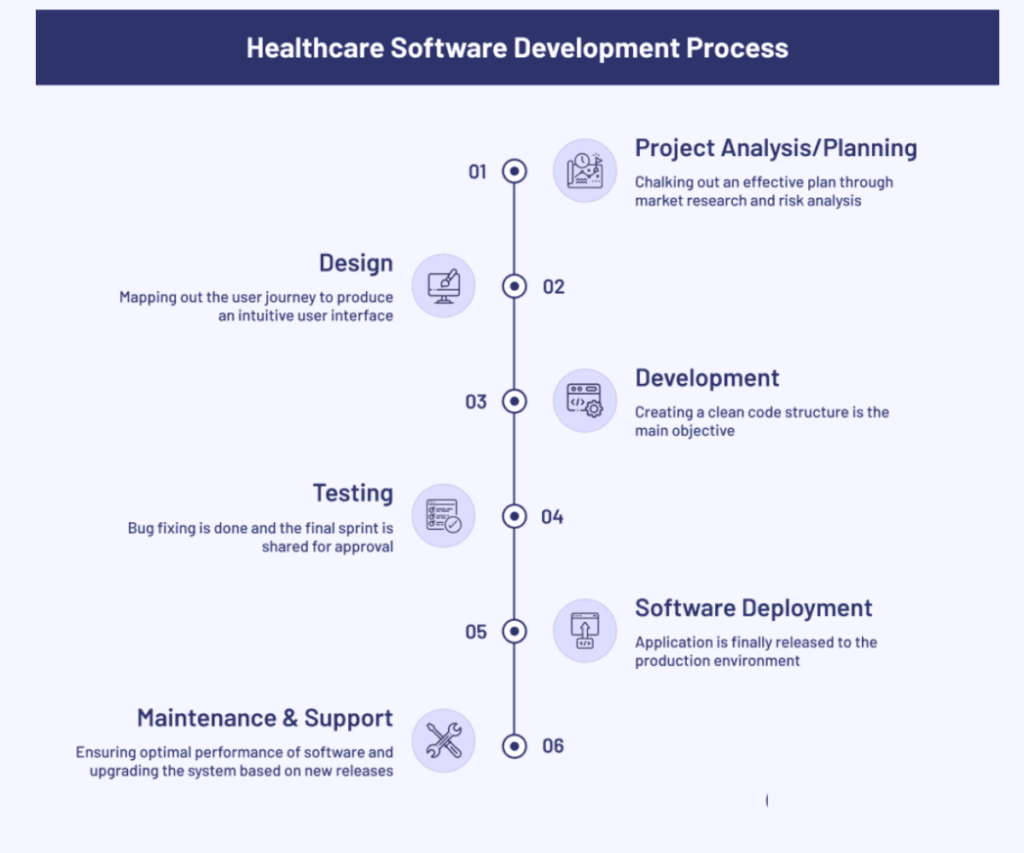
Understanding Client Needs:
The first step in developing custom healthcare software is a thorough consultation with the client to understand their specific needs and challenges. This involves engaging with key stakeholders, including healthcare providers, administrative staff, and IT professionals, to gather detailed requirements.
Defining Goals and Objectives:
During this phase, the software development company works with the healthcare organization to define clear goals and objectives for the project. This includes identifying the primary issues the software will address, the desired outcomes, and any specific features or functionalities required.
Analyzing Current Systems:
An assessment of the existing systems and workflows is conducted to identify gaps and areas for improvement. This analysis helps in designing a solution that integrates seamlessly with the current infrastructure and enhances overall efficiency.
Creating a Blueprint:
Based on the gathered requirements, the development team creates a detailed blueprint or prototype of the software. This includes designing user interfaces, defining data structures, and outlining the workflow processes. Feedback from the client is essential at this stage to ensure that the design aligns with their expectations.
Agile Development Process:
Custom healthcare software development often follows an agile methodology, which involves iterative development and continuous feedback. This approach allows for flexibility and adjustments throughout the development process, ensuring that the final product meets the client’s needs.
Collaboration with Healthcare Professionals:
Throughout the development phase, continuous collaboration with healthcare professionals is crucial. Their input helps in refining features, ensuring usability, and verifying that the software addresses real-world clinical and administrative challenges.
Rigorous Testing:
Before deployment, the custom software undergoes extensive testing to ensure it functions correctly and meets all requirements. This includes unit testing, integration testing, and user acceptance testing. Healthcare professionals are involved in the testing process to provide valuable feedback and ensure the software is user-friendly and effective.
Compliance and Security Checks:
Ensuring compliance with healthcare regulations, such as HIPAA, is a critical aspect of the testing phase. Security checks are conducted to safeguard patient data and protect against potential breaches. This involves testing for vulnerabilities, implementing encryption, and ensuring secure user authentication.
Deployment Planning:
A detailed deployment plan is created to ensure a smooth transition from the existing system to the new custom software. This includes training for healthcare staff, data migration strategies, and contingency plans to address any potential issues during the deployment process.
Continuous Monitoring:
After deployment, continuous monitoring is essential to ensure the software operates smoothly and efficiently. Any issues or bugs identified are promptly addressed to maintain optimal performance.
Regular Updates:
Custom healthcare software requires regular updates to incorporate new features, address security vulnerabilities, and ensure ongoing compliance with evolving regulations. The development company provides periodic updates based on user feedback and technological advancements.
User Training and Support:
Ongoing support includes training for new users, providing technical assistance, and offering resources such as user manuals and helpdesk services. This ensures that healthcare providers can effectively utilize the software and maximize its benefits.
Feedback Loop:
Establishing a feedback loop with healthcare professionals and administrative staff allows for continuous improvement of the software. Their insights help in identifying areas for enhancement and ensuring the software evolves to meet changing needs and challenges.
Choosing the Right Custom Software Development Company For Healthcare Business Needs
Experience in Healthcare:
One of the most important criteria when selecting a custom software development company is their experience in the healthcare industry. A company with a proven track record in healthcare will have a better understanding of the unique challenges and requirements of healthcare organizations. DianApps have successfully completed similar projects and can demonstrate their expertise through case studies and client testimonials.
Technical Expertise:
The company should possess strong technical skills and expertise in the latest technologies. This includes knowledge of healthcare-specific software standards, interoperability, and data security protocols. DianApps is proficient in technologies relevant to your project, such as EHR systems, telemedicine platforms, and patient management systems.
Regulatory Compliance:
Compliance with healthcare regulations like HIPAA is crucial. The development company should have a deep understanding of these regulations and incorporate compliance into their development process. Ask about their experience in ensuring regulatory compliance and how they address data security and privacy concerns.
Customization Capabilities:
The ability to provide tailored solutions is essential. The company should be willing to work closely with you to understand your specific needs and develop a solution that aligns with your goals. Look for a flexible approach to development that allows for customization and scalability.
Communication and Collaboration:
Effective communication and collaboration are key to the success of any custom software project. Choose a company that prioritizes clear and regular communication, and has a collaborative approach to working with clients. This includes involving stakeholders in the development process, providing regular updates, and being responsive to feedback.
Post-Deployment Support:
Ongoing support and maintenance are critical for the long-term success of custom software. Ensure that the company offers comprehensive post-deployment support, including regular updates, troubleshooting, and user training. Ask about their support services and how they handle issues that arise after deployment.
That’s a Wrap
Custom software development is transforming the healthcare industry by providing tailored solutions that enhance patient care, improve operational efficiency, and ensure data security and compliance.
From personalized treatment plans and remote monitoring to automated administrative tasks and robust security features, custom software addresses the unique challenges of healthcare organizations.
By embracing custom solutions, healthcare providers can enhance patient care, boost efficiency, and maintain high standards of data security and compliance.
The future of healthcare is bright, and hiring a custom software development company is key to unlocking its potential. Hire DianApps for getting to get the healthcare industry in full swing.










Leave a Comment
Your email address will not be published. Required fields are marked *